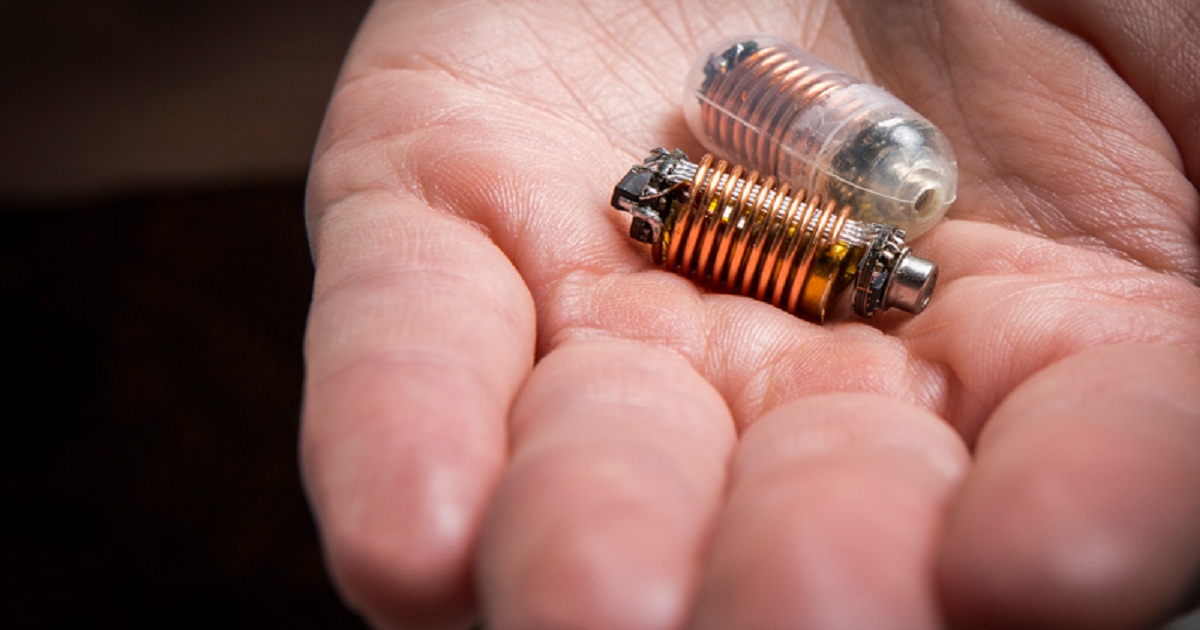Engineers reveal the mysteries of the gut with sensors you can swallow
imeche | January 08, 2018

A capsule that can detect gas inside the body is shedding new light on the digestive system, and could help diagnose cancer. Researchers at RMIT University in Melbourne, Australia, have developed an ingestible electronic capsule that contains gas sensors, a temperature sensor, a microcontroller, a radio-frequency transmitter, and batteries. In a small pilot trial in humans, the device was demonstrated to be capable of detecting different gases as it moved along the gut, and transmitting that data to a handheld receiver worn or carried by the patient, or a mobile phone. It’s capable of detecting changes in a person’s diet from the concentrations of oxygen, hydrogen and carbon dioxide in the gut, and is a potentially powerful diagnostic tool. “Previously, we have had to rely on faecal samples or surgery to sample and analyse microbes in the gut,” said Kourosh Kalantar-zadeh, a lead author on the study and the co-inventor of the capsule. “But this meant measuring them when they are not a true reflection of the gut microbiota at that time. Our capsule will offer a non-invasive method to measure microbiome activity.” The capsule has now successfully passed human trials, and the researchers have formed a company called Atmo Biosciences to commercialise their invention. Co-inventor Kyle Berean said the sensors offered a “potential diagnostic tool for many disorders of the gut, from food nutrient malabsorption to colon cancer”.